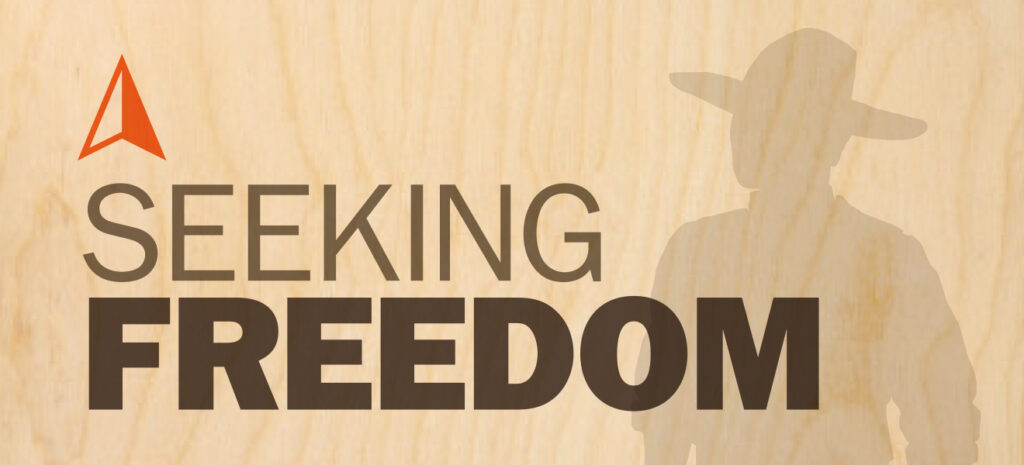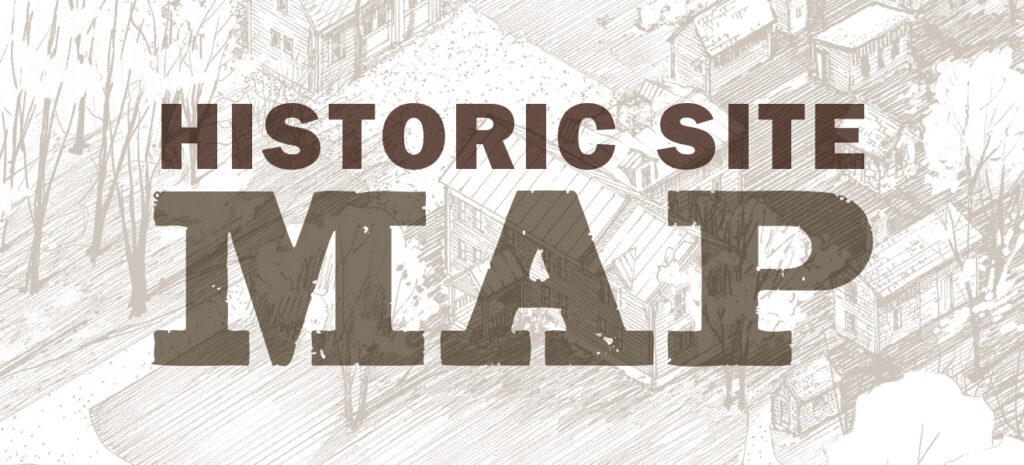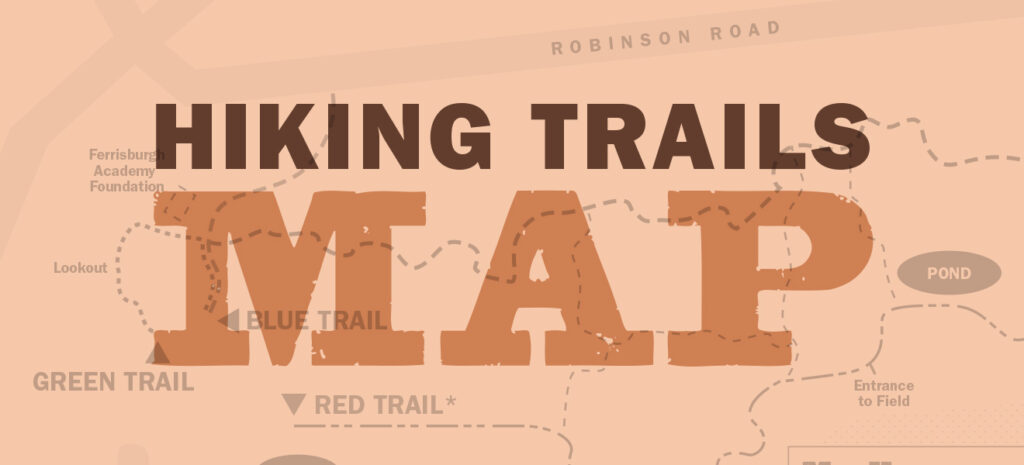Down on the Farm: Living under the Cloud of COVID-19 as an Immigrant Farm Worker in Addison County
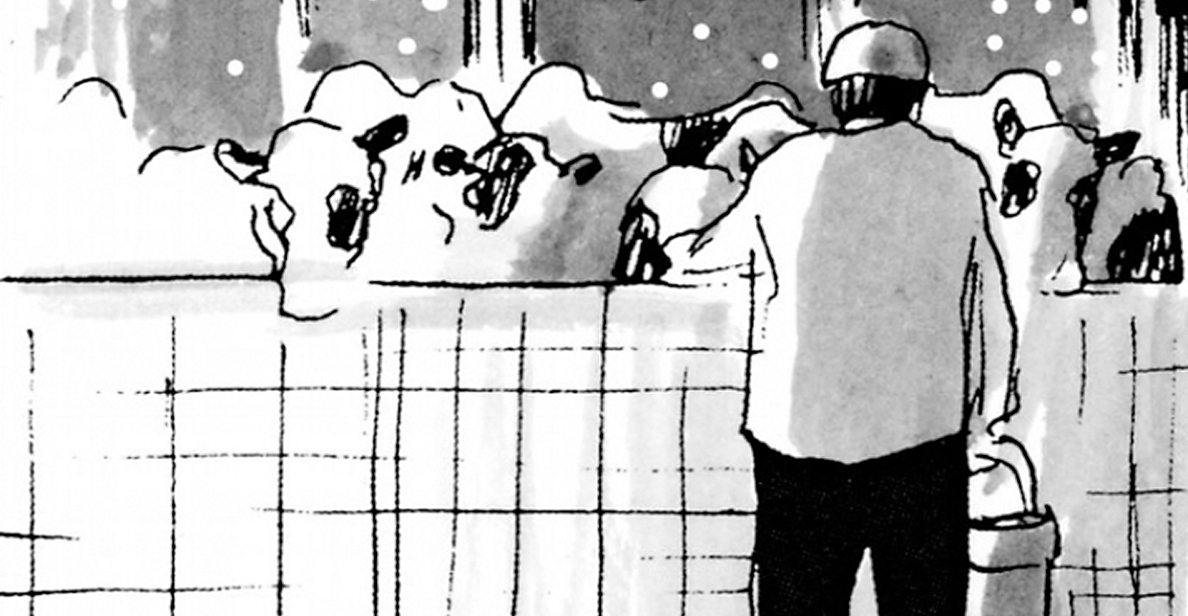
by Priscilla Baker, Rokeby Museum Trustee
Vermont is home to over 1,200 Latinx farm workers, most from southern Mexico and Central America. Several hundred live and work in Addison County.
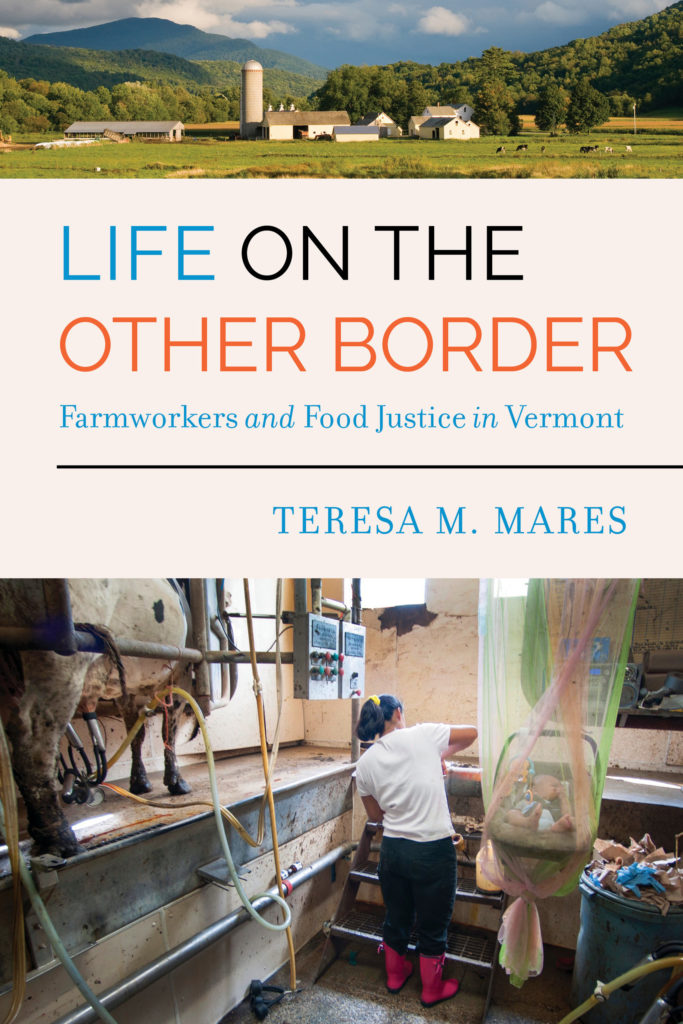
While some would call the labor of immigrant farm workers “unskilled,” this is an unfortunate misnomer according to Teresa Mares, UVM professor and author of the book, Life on the Other Border: Farmworkers and Food Justice in Vermont.
When Dr. Mares spoke at Rokeby Museum in July, 2019, she made a strong point that the work these farmers do requires a variety of skills and is often dangerous. Further, the suffering and the daily challenges immigrant workers face remain invisible to mainstream Vermonters. Always vulnerable to the fluctuations of the dairy industry and the needs of each individual farm and farmer, immigrant farm workers live with the anxiety of job insecurity, the physical toll of hard work, and the fear of being picked up by ICE.
Read MoreCOVID-19 and Systemic Racism in the U.S.
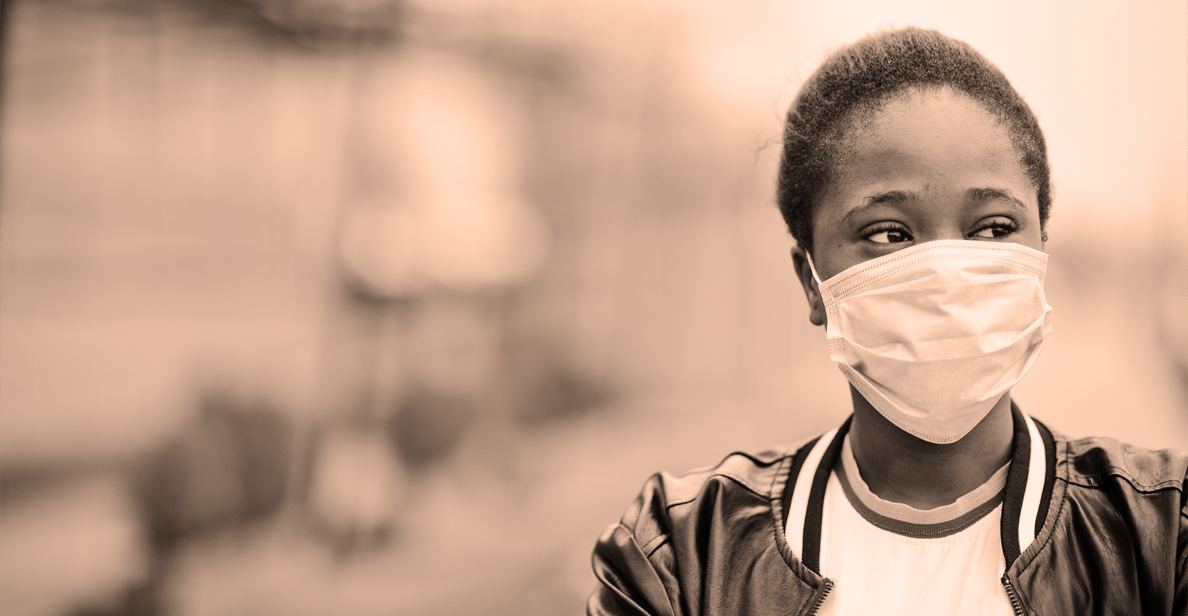
by Richard Bernstein, M.D., Rokeby Museum Trustee
“A common danger unites even the bitterest of enemies,” said the philosopher Aristotle. However, the COVID-19 pandemic has exposed fault lines that separate people of color and whites, and it continues to shine a light on the terrible effect that white supremacy and structural racism have had historically in America.
COVID Emerges, and with It, Disparities
Although the first known case in the U.S. was January 20, 2020, the COVID-19 pandemic didn’t make it into national news until early February. Several weeks later, on March 27, five U.S. lawmakers (Sens. Harris, Brooker, Warren, Pressley, and Rep. Kelly) pressed the agency of Health and Human Services to release available data on the racial disparity of infection and death rates in the country. The American Medical Association followed with their demand for release of racial data on April 3. The data showed that 30% of COVID-19 cases occurred among African Americans, who make up about 13% of the population. In some places the incidence was even higher: In Louisiana, 70% of victims were African Americans; in Alabama, 44%; in Milwaukee, 39%.
This disparity shocked no one, especially Dr. Uché Blackstock, a physician working in Brooklyn. Speaking on Public Radio’s Science Friday, Dr. Blackstock noted that staff were being pulled from immediate-care health centers in the white sections of the New York borough, where they were underutilized, and transferred to the health centers in the black sections which were seeing a huge increase in the new illness.
A Time to Listen, a Time to Learn, and a Time to Act
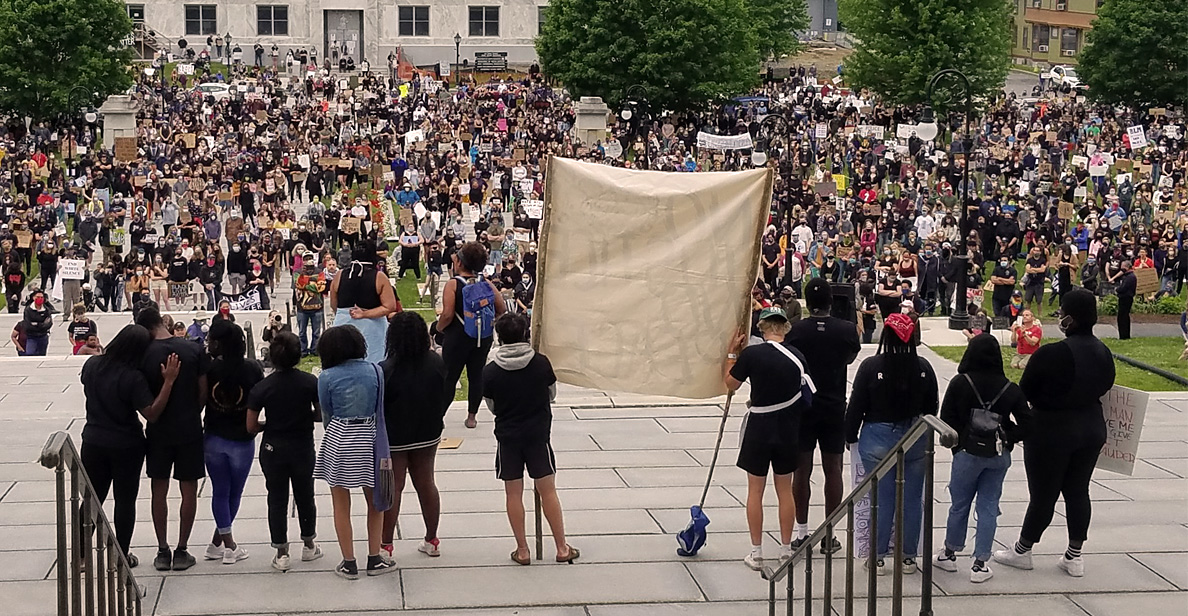
Above: Protest against police brutality and racism; Montpelier, VT, June 7, 2020. Photo by Rokeby Trustee Missy Holland.
As the COVID-19 pandemic took hold in the United States in early February, many of us shuddered as we imagined myriad ways in which harm would come to our communities. Three months later the facts are clear that Americans of color, over represented in essential services and receiving inadequate health care, are disproportionately represented among those who have become sick with COVID-19 and those who have died.
The latest abuses perpetrated against African Americans are further evidence of systemic racism as we witness the killing of black men and women at the hands of present/former law enforcement officials and white vigilantes, including, in recent months: Ahmaud Arbery of Georgia, Breonna Taylor of Kentucky, George Floyd of Minnesota and Tony McDade of Florida.
These murders have raised voices of protest that are naming the wrongs and insisting on change.
Read MoreRokeby Museum is in full support of demonstrators
seeking racial justice.
The Rokeby Messenger — Spring 2020: No. 171
In this Spring 2020 Newsletter, read about Rokeby’s unfortunate loss during the 1918–1919 influenza pandemic, virtual access, a new Education and Interpretation Fellow, newly digitized Civil War correspondence, new trustees, as well as our 2019 Annual Fund Donor and Member lists. View full-screen or download PDF above.
Updates & News from Rokeby — May 1, 2020
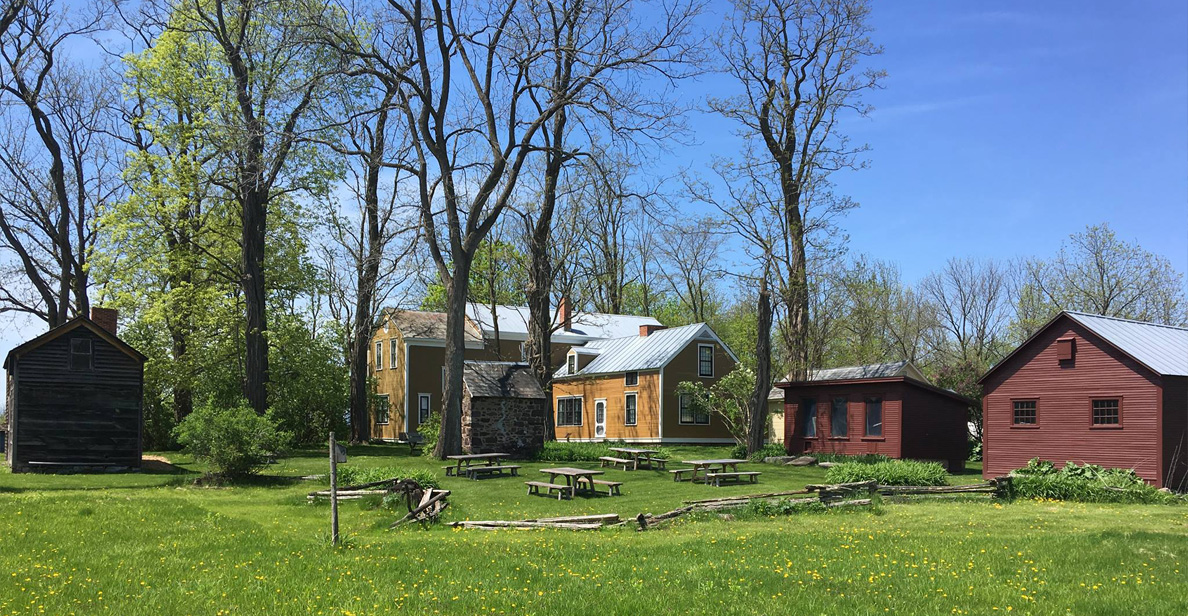
When will Rokeby Museum open for the 2020 season?
Rokeby Museum’s spring opening is on hold as we await guidance from the State of Vermont to determine when we can once again safely welcome visitors. In the meantime, check out special stay-at-home postings on our Facebook and Instagram pages, or sign up for a virtual tour. Stay tuned for our re-opening announcement, and potential date changes for exhibits and programs.
Read More Rokeby Museum
Rokeby Museum

